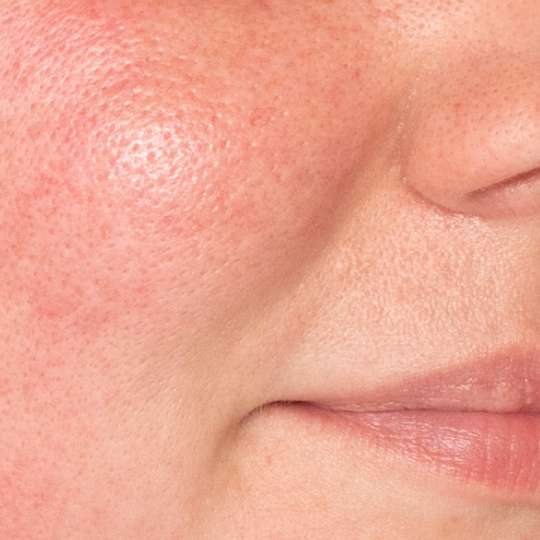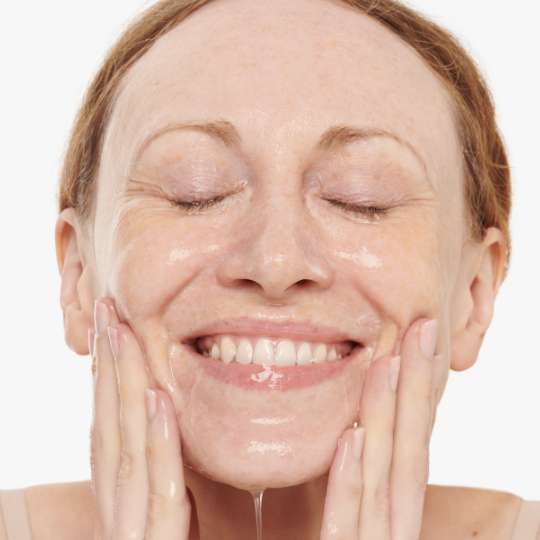

Why do certain foods cause flushed skin?
Flushed skin can be a side-effect of eating certain foods, and recognising which cause your skin to resemble a tomato (a common culprit in itself) will help to keep your complexion its usual shade.
Unfortunately, it’s not so simple as avoiding certain food groups, as there can be a number of different reasons why a food is causing flushing. “With spicy foods, there may be an increase in temperature with subsequent vasodilation (the dilation of blood vessels),” explains consultant dermatologist Dr Justine Hextall. “Vasodilation triggers a release of pro-inflammatory chemicals and an immune response.” In this instance, the body detects the food as a foreign substance and rushes to defend itself.
“Some foods also release histamine and there may be sensitivity to this which causes flushing,” adds Dr Hextall. “This may also be associated with nasal congestion or stinging of the lips and mouth.” Don’t be confused by the word histamine, although most commonly associated with allergies, our body still needs histamine to function. Foods that are high in histamine include tomatoes, kiwi fruit, dairy, coffee and alcohol.
What’s the difference between periodic flushing and rosacea?
The more we educate ourselves on skincare conditions, the more confusion can occur. Occasional redness can be misconstrued as rosacea, a skin condition that causes flushed skin, as well as papules and burning sensations. Equally, rosacea could be dismissed as mere flushing. So how can you tell which is which?
“Some individuals always flush, for example with stress or a change in temperature,” says Dr Hextall. “If flushing is new that may suggest rosacea. To make a diagnosis of rosacea I would be looking for skin changes such as palpable bumps or pustules. I would also be looking for symptoms and signs of ocular rosacea, such as gritty red eyes, as well as gut problems and rosacea triggers like UV exposure.” There’s also the question of how skin feels, and whether it is dry tight or inflamed.
Read, watch and be inspired...



